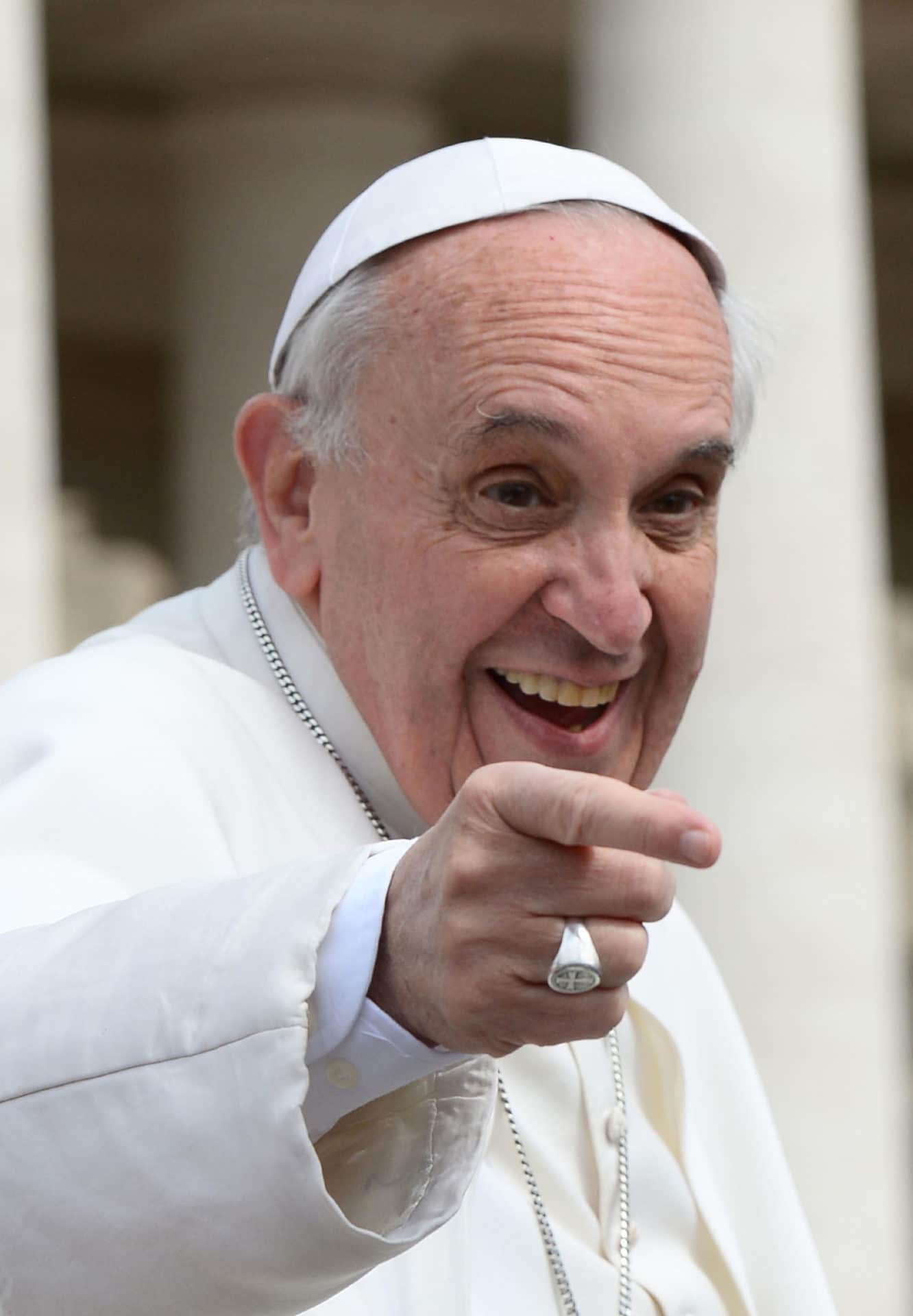Catholic Social Teaching: What is the Church’s Role?
by CAPP-USA

The Role of the Church in Catholic Social Teaching
First, What isn’t the Church’s Role?
While the Church fully realizes that society must be structured appropriately, she is just as clear that this is NOT the job of the Church.
The role of the Church and laity are distinct.
The Holy Fathers have used the term “the Church” here to refer to the Magisterium – popes and bishops, whether collectively or singly.
Gaudium et Spes spells out that “[T]he direct duty to work for a just ordering of society…is proper to the lay faithful”. (Pope Benedict XVI, 29)
The Church “recognizes that it is not the Church’s responsibility to make this teaching prevail in political life…The Church can not and must not take upon herself the political battle to bring about the most just society possible.” (Pope Benedict XVI, 28)
This continues a long tradition of forcefully and directly stating that fact: “He [Leo XIII] had no intention of laying down guiding principles on the purely practical, we might say technical, side of the social structure; for he was well aware of the fact – as Our immediate Predecessor of saintly memory, Pius XI, pointed out ten years ago in his commemorative Encyclical, Quadragesimo Anno – that the Church does not claim such a mission.” (Pope Pius XII, Radio Message for Pentecost, 1941)
“The church does not have technical solutions to offer and does not claim ‘to interfere in any way in the politics of states.’ (Pope St. Paul VI, 13).” (Pope Benedict XVI, 9)
The Role of the Church is to Form Consciences
First, and foremost, the Church seeks to assist in the formation of conscience: (Pope St. John Paul II, 67) “The Church wishes to help form consciences in political life and to stimulate greater insight into the authentic requirements of justice as well as greater readiness to act accordingly” (Pope Benedict XVI, 28) because, “[f]aith enables reason to do its work more effectively and to see its proper object more clearly. (Pope Benedict XVI)
“This is where Catholic social doctrine has its place…its aim is simply to help purify reason and to contribute, here and now, to the acknowledgement and attainment of what is just.” (Pope Benedict XVI, 28)
The Role of the Church is to Cooperate in Pursuit of the Common Good
“The Church wishes for her part to cooperate in the pursuit of the common good, through her social and educational works, promoting ethical and spiritual values, and serving as a prophetic sign which brings a ray of light and hope to all, especially those most in need.” (Pope Francis)
Therefore, the Church “has to play her part through rational argument and she has to reawaken the spiritual energy without which justice, which always demands sacrifice, can not prevail and prosper…the promotion of justice through efforts to bring about openness of mind and will to the demands of the common good is something which concerns the Church deeply.” (Pope Benedict XVI, 28)
The Role of the Church is to Offer Principles
However, while admitting “[t]he Church does not separate a proper regard for temporal welfare from solicitude for the eternal…she has nevertheless clearly outlined the guiding principles [Human Dignity, Solidarity, Subsidiarity] which, while susceptible of varied concrete applications according to the diversified conditions of times and places and peoples, indicate the safe way of securing the happy progress of society.” (Pope Pius XI, 34)
Indeed, “[t]he Church is duty bound to offer, through the purification of reason and through ethical formation, her own specific contributions towards understanding the requirements of justice and achieving these politically.” (Pope Benedict XVI, 28)
The Role of the Church is to Promote Development
That is why “[t]he Church today considers it her duty to ask political leaders and those with economic and financial power to promote development”, and not any development, but: “Development based on respect for the dignity of every man and woman…These are the criteria by which Christians should assess the political programs of their leaders.” (Pope Benedict XVI)
And her social doctrine is a gift to the world: “The Church’s social doctrine has become a set of fundamental guidelines offering approaches that are valid even beyond the confines of the Church.” (Pope Benedict XVI, 27)





